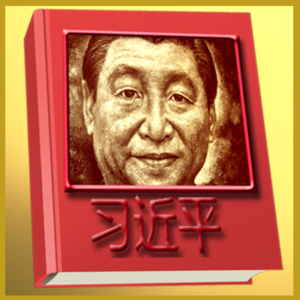 Whether independence for Hong Kong and Taiwan would be better or worse, that independence becomes more likely every time the topic even comes up, no matter how much dissent the idea receives.
Whether independence for Hong Kong and Taiwan would be better or worse, that independence becomes more likely every time the topic even comes up, no matter how much dissent the idea receives.
Within China’s borders, the “all press is good press” principle may seem to work differently, but when China makes statements to the world beyond China’s press control, gravity and tides operate in a way that may seem foreign to Beijing. This week, China’s premiere stated the intention of having Taiwan return to Chinese control.
For better or worse, if China hopes to acquire Taiwan and keep Hong Kong, the most likely path to success is to never even mention, respond to, or otherwise acknowledge the subject in public—not ever. But, Chinese officials just can’t stop talking about it. So, for better or worse, while Taiwanese independence has seemed a likelihood with the US involved—and now all the more with Trump—the near impossibility of Hong Kong breaking away from China is being made less of an impossibility… for better or worse.
It’s not as if East Asia has a lack of problems. North Korea made its own headlines this week. It fired a missile into Japanese waters. Tokyo wasn’t happy. And, after Kim Jong-un’s half-brother was murdered at Kuala Lumpur International Airport, North Korea’s ambassador made some statements, Malaysia objected, and now the visa-exempt program with North Korea has been given the boot, along with North Korea’s ambassador.
The US aircraft carrier USS Carl Vinson is making a tour sail with some Philippines cabinet members. Though everyone and his cat claims this is not a show of force, a show of force would not be without arguable reason. The largest active military in the world, which has neither declared victory nor defeat in any war, will soon have two aircraft carries. As China’s second aircraft carrier nears completion, videos have been released diagramming its basic construction. From the video, this first Chinese-made carrier was seemingly “reverse engineered” from China’s Soviet-made diesel-powered Liaoning, initially purchased to become a “floating casino”. Irony often accompanies poetry.
Any victory or defeat of China would be a first. So, logically, China’s stated ambition for change in the South Sea is, by definition, a gamble. Without history to calculate, with stepped-up rhetoric foreseeably backfiring, the Liaoning and its soon-to-be christened copy did become metaphoric casinos after all, for better or worse.